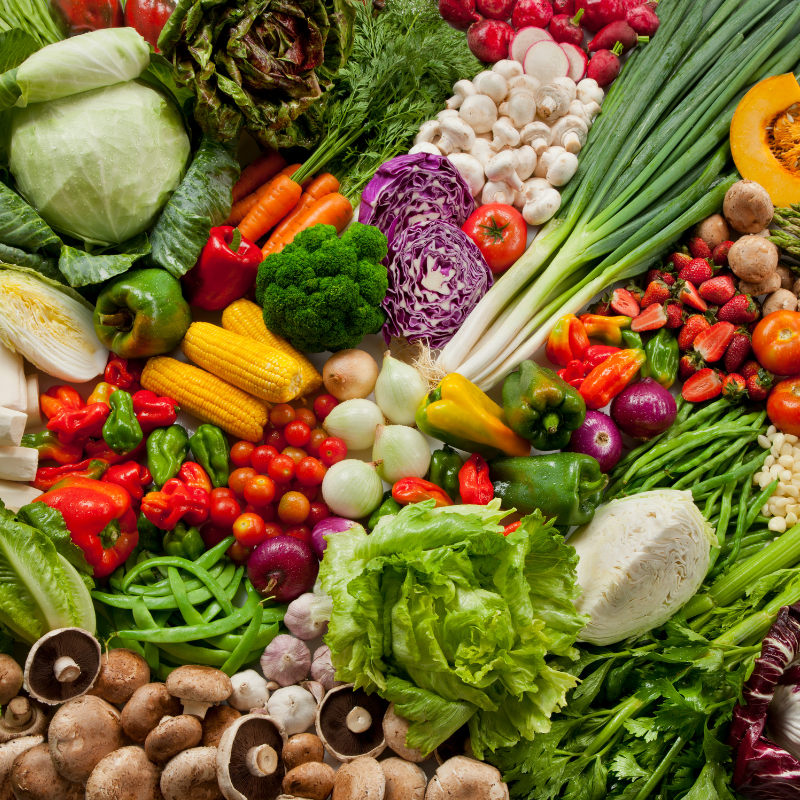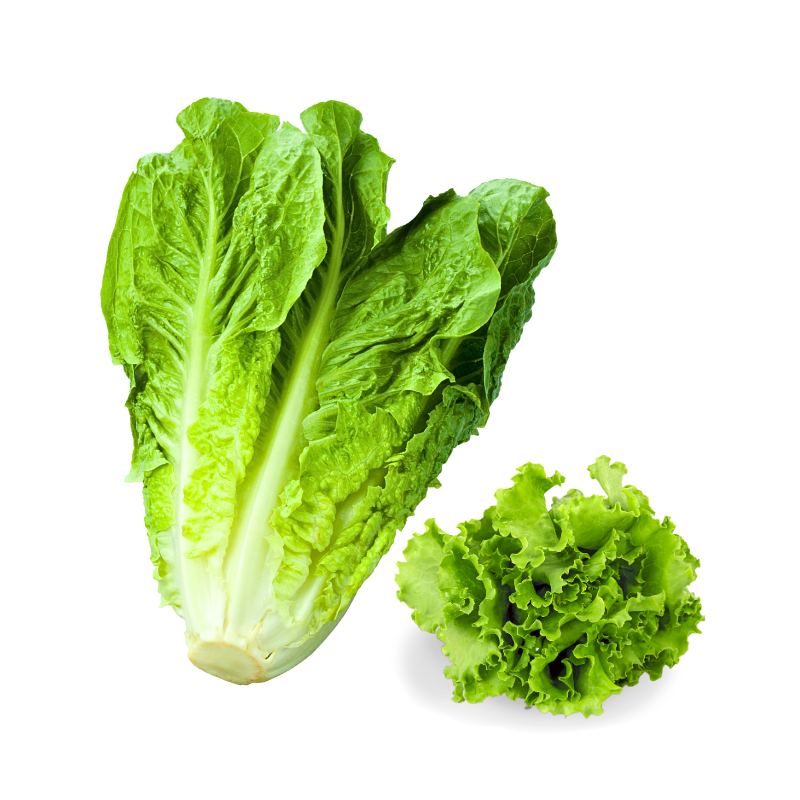What benefits do vegetables bring us when we consume them in our daily lives?
Vegetables are true nutritional treasures due to their unique composition. There are crucial nutrients found in these foods that we often don’t find in other sources:
Phytonutrients have antioxidant and anti-inflammatory properties that protect against chronic diseases.
Consuming phytosterols, as part of a balanced diet, can help reduce blood cholesterol levels and, therefore, reduce the risk of cardiovascular diseases.
Glucosinolates, present in cruciferous vegetables such as broccoli, kale, and cabbage, have anti-cancer properties. Glucosinolates have been shown to help detoxify the body and reduce the risk of certain types of cancer.
The fiber present in vegetables is essential for normal digestion. The soluble types, such as pectin in apples and citrus fruits, help control blood sugar and cholesterol.
Insoluble fibers, such as those found in leafy green vegetables, provide bulk and promote regular bowel movement.
On the other hand, vitamins. Each type of vegetable provides a unique set of vitamins. For example, leafy greens (spinach and kale) are a source of vitamin K, which is essential for blood clotting and bone health.
Tomatoes and peppers, on the other hand, are rich in vitamin C, which also acts as an antioxidant and promotes skin health. Broccoli is rich in vitamin K and C, the latter is also essential for collagen formation, iron absorption, and for the health of the immune system.
Also very important, minerals. Options such as artichokes and spinach contain minerals such as potassium, which is crucial for maintaining normal blood pressure and heart function. Additionally, vegetables are an excellent source of magnesium, necessary for muscle and nerve function.






